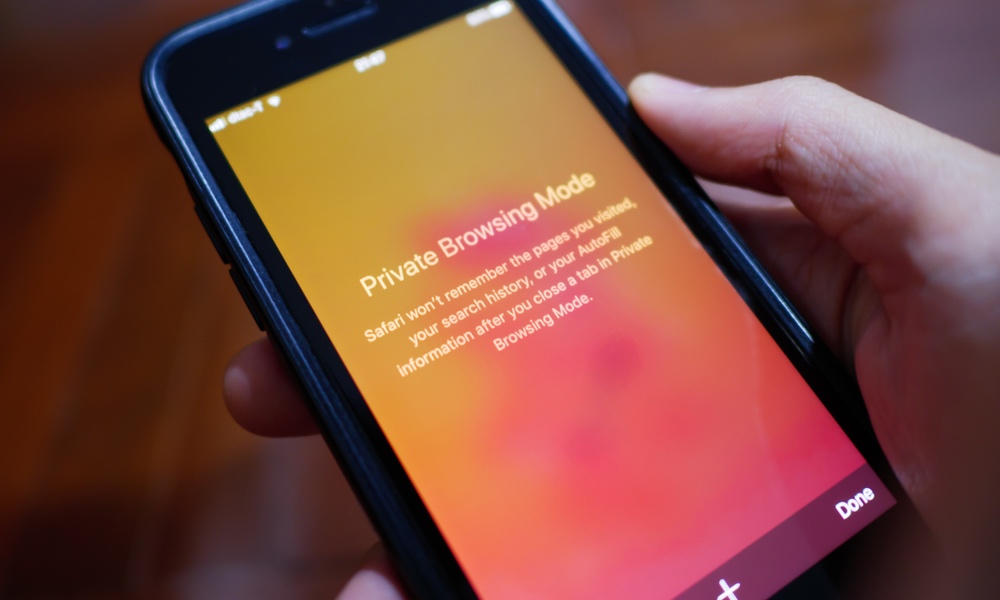Google May Owe iPhone Users $900 for Spying on Their Internet Traffic
 Credit: Wachiwit / Shutterstock
Credit: Wachiwit / Shutterstock
Toggle Dark Mode
Google may owe U.K. iPhone users around £750 (or $900) for allegedly bypassing privacy settings and snooping on their devices.
That’s because senior judges in the country have gave a massive legal action against Google the green light, overturning a previous court decision.
The Lawsuit
Back in 2017, a massive representative action lawsuit (similar to a class action in the U.S.) was levied at Google over certain Safari browser tracking practices.
The legal action was spearheaded by a consumer campaign group called “Google You Owe Us,” which alleged that the company had illegally collected personal data by specifically bypassing privacy settings on the iPhone.
But that legal action was shot down in 2018 in London’s High Court. One of the judges who blocked the case said that the facts didn’t support the plaintiffs’ claims.
Now, senior judges have reversed that ruling, allowing the massive legal action to go ahead, according to U.K.-based paper The Sun.
The case, worth about £3.2 billion, could see Google paying out as much as £750 to more than 4 million iPhone users in the U.K.
The Practice
The specific practice that the lawsuit refers to took place between August 2011 and February 2012.
According to a Wall Street Journal report from 2012, Google and other advertising firms were discovered to be using specific techniques to circumvent privacy protections baked into Apple’s Safari for iOS browser.
The technique allegedly allowed Google to deposit cookies on user devices, even if they were set to block those cookies.
More specifically, the Journal noted that Google took advantage of a loophole in Safari’s privacy settings. At the time, Safari didn’t block website tracking if the user interacted with the website in some way — such as by filling out a form.
Google then allegedly added some code within its ads which tricked Safari into thinking the cookies were part of an invisible form filled out by the user.
The Mountain View tech giant denied any wrongdoing, for its part. In a statement, it said that it used “known Safari functionality to provide features that signed-in Google users had enabled.”
Apple, for its part, eventually closed the WebKit loophole that Google had taken advantage of.
What About iPhone Users in Other Countries?
While the lawsuit mentioned earlier specifically applies to iPhone owners in the U.K., users in other countries may not need to feel left out.
In the wake of reports that Google had bypassed Safari privacy protections, a similar class-action lawsuit was levied at the tech giant in the U.S.
Around the time, Google agreed to settle both federal and state charges. But, according to Reuters, due to a legal doctrine, the $5.9 million in settlement money didn’t actually end up going to class-action members.
But back in August, a federal appeals court struck down that settlement and said that a lower court should “revisit the case,” Reuters reported.
In other words, there’s a chance that a different outcome for the class-action lawsuit could be found by lower courts. The case has since been returned to the U.S. District Court in Delaware.






